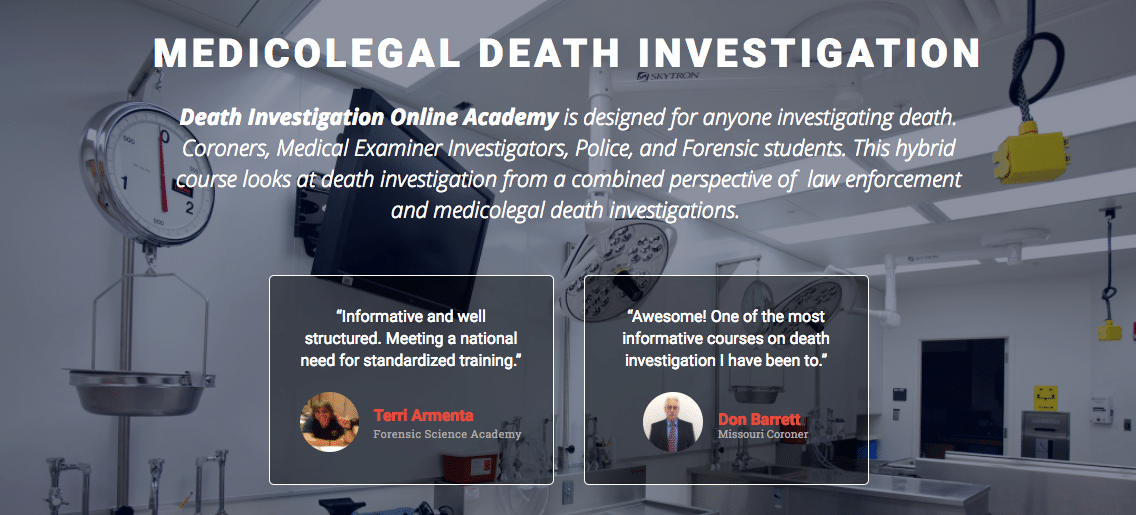 A few years ago, the third Monday in January was labeled Blue Monday by many experts in the mental health field. But no matter what day of the week it occurs on, Anita Agers-Brooks, common trauma expert, and author of Getting Through What You Can’t Get Over, believes the third week is a good barometer to predict the most depressing day of the year.
A few years ago, the third Monday in January was labeled Blue Monday by many experts in the mental health field. But no matter what day of the week it occurs on, Anita Agers-Brooks, common trauma expert, and author of Getting Through What You Can’t Get Over, believes the third week is a good barometer to predict the most depressing day of the year.
But why third Monday in January
If it takes approximately twenty days for a mindset to change, earmarking January 15th – 23rd as the most depressing day of the year may just make sense. According to Brooks, based on several pieces of research she’s studied, as well as based on extensive interviews she’s conducted with everyday people, there are several contributors that solely, or linked with others, can throw even the hardiest soul into the pit of depression on or around this date.
- Coming off the high of the holidays.
- Family member/friend goodbyes, after holiday reunions.
- Fewer activities to look forward to.
- Holiday bills coming in.
- Cabin fever.
- Less exposure to fresh air, and nature’s other healing properties.
- Cold and windy weather.
- Less sunshine.
- Cold and flu season peak.
- Reduced amounts of exercise.
- Less exposure to the blues, greens, yellows, reds, pinks, and oranges, that are known energizers according to the spectrum of the psychology of color.
- Fewer face-to-face social interactions with other human beings.
- New Year’s resolutions have now failed.
So how do you personally off-set some of these melancholy contributors?
When it comes to post-holiday blues, there are a few simple tips that can help.
Intentionally focus your thoughts on something challenging, fresh and positive — a different kind of activity from anything you currently do. Take up a new hobby. It can be something you’ve always wanted to try, but choose something that requires concentrated effort. The human mind cannot think two distinctly different thoughts simultaneously, so for those used to the analytical world of left-brain work, try a creative right-brain project, like taking up drawing, painting, writing, or learning a musical instrument.
If none of those sound appealing, take up a new kind of physical activity, different from anything you’ve tried in the past. Pick a change of pace in the martial arts, kick-boxing, training for a 5K or half-marathon, or if your spouse is willing, really think outside the box and rev up your marriage at the same time by taking up dancing lessons. Swing, ballroom, waltz, latino, whatever pushes you out of your comfort area, and requires your full attention.
When sadness lingers long after your loved ones’ holiday visit is over, begin planning your next get-together. It’s been proven that anticipation is as good or better than an actual event.
If you aren’t necessarily sad over missing a person, but boredom and the blahs are your nemeses, plan once-a-month mini-vacations or weekend getaways. Your destinations don’t have to be extravagant or costly, you can even transform your home into a tropical fantasy island for a couple of days. Just choose something you can outline to give you a positive event to work toward, and allow your mind to look forward to the big date.
If holiday bills are stressing you out, take thirty minutes to an hour, and create a budget that you write on paper or a computer. By putting things in black and white, you’ll give yourself a true perspective. Often, a situation feels more overwhelming when we aren’t clear on the details. What we fear is often much worse than the facts.
Cabin fever is a real malady. If you are beginning to feel cooped up, even though you’re getting out to do your job, take a mental break and get away for a day. Go someplace out of the ordinary, like a museum, science center, indoor sporting event, or even a long walk in a wooded area — especially if you can do it after a fresh, white snow. Nature has proven herself a powerful healing agent, increasing the benefits of physical exercise tremendously when we do it in a peaceful outside climate. Breathe in fresh air, and breathe in a fresh spirit.
When it’s cold outside, heat yourself up by giving special treatment to your toes. Soak your feet in a warm Epsom salt bath. The magnesium and other minerals in Epsom salt have many healing properties, including natural anti-depressant chemicals, and when you warm your feet in water, you get an inside and outside boost of healing heat.
Have your doctor check your Vitamin D levels to see if you need supplements to get you up to par. One of the reasons many people suffer from higher degrees of depression in the winter is due to less sun exposure, which offers natural infusions of Vitamin D, a known depression-buffering vitamin.
One of the best preventative medicines for colds and flu also happen to be powerful anti-depressants. Citrus fruits and vegetables. Oranges, lemon, lime, grapefruit, kiwi, pomegranate, tomato, green peppers, green chile, or any other natural fruit or veggie that’s high in Vitamin C can help you kick a cold to the curb, as well as lift your mood.
If you can’t exercise outside, don’t have a treadmill or other home equipment, can’t get to the gym, or can’t devote 20-60 minutes to an exercise regimen then do one-minute intervals when and where you can. Sixty seconds of jumping jacks, running in place, skipping an invisible rope, dancing, kicking, air boxing, or anything else that gets your limbs moving will work. If you do 20 intervals in a day, you’ve got twenty minutes of exercise in.
Surround yourself with some color, the ones known to soothe and energize. Green, blue, yellow, will calm and lower blood pressure, while red, pink, and orange will elevate your energy. Change your computer screensaver, your telephone background, carry a photo or drawing, anything that lends to an uplifted spirit will work. Try to view at least once an hour to reframe your brain through the psychology of color.
When you feel like avoiding everyone is precisely when you might need to be around people the most. Withdrawal from human interaction is a symptom of depression. If the black clouds of overwhelming emotions are causing you to pull back from other people, do what feels uncomfortable, make yourself do something social with others. Studies have shown that anxious or depressed people, those battling PTSD or other trauma-induced issues, assume that having conversations with others will make them feel worse when in actuality, the opposite is true. Those surveyed said they were surprised to discover that their fear of having a face-to-face interaction was unfounded, they actually felt better once it occurred.
Anita stopped making New Year resolutions several years ago. Instead, she began to incorporate a One Word focus into her annual commitment to making a fresh start. This gives her a lens with which to look at her life through. She knows this word will help her rise above circumstances, but it is also a great word for application to the list of things that can lead to the most depressing day of the year.
Anita said, “I can rise above my emotions, and act on what I can while accepting what I cannot change. Think the Serenity Prayer.
There’s something about a One Word focus that brushes the clouds of confusion back and adds clarity to chaotic situations. Much of depression is based on a sense of helplessness, but often, this is our emotions lying to us, versus an absolute truth.”
For those in the field working death investigations, what One Word could keep you motivated throughout the year? What word could inspire and energize you? Is there a One Word focus you can add this year, infusing you with a compass to move you away from depression and toward a happier outcome? Is there a word that will keep you focused on purpose, gratitude, productivity, or meeting your goals.
When you review the list of areas that can lead to depression, ask yourself, what decisions can I make that will enable me to rise above my circumstances? Can I tweak something in my life to make me proactive versus reactive?
We may not be able to change the factors that lead to depression, but we can certainly move our minds up. Investigating what’s going on in our own brains and bodies can give us the boost we need — and help us get through, no matter what challenges we face. Intentionality in the areas of our bodies, minds, and spirits can help us smile, even on the most depressing day of the year.
 Free 12 week email course. Receive a new training and video to your inbox every week for 12 weeks. This is real training and will give in detailed actionable steps to becoming a better investigator. Sign up today at:
Free 12 week email course. Receive a new training and video to your inbox every week for 12 weeks. This is real training and will give in detailed actionable steps to becoming a better investigator. Sign up today at:
 Medicolegal Death Investigation – Online Academy
Medicolegal Death Investigation – Online Academy

The Death Investigation Training Academy was founded to play an integral role in the death investigation community. The need for quality accredited training is in short supply and high demand. Using a combination of classroom training, live on site scenario exercises, and web-based training, the Death Investigation Training Academy is filling the need of 21st-century investigators.




